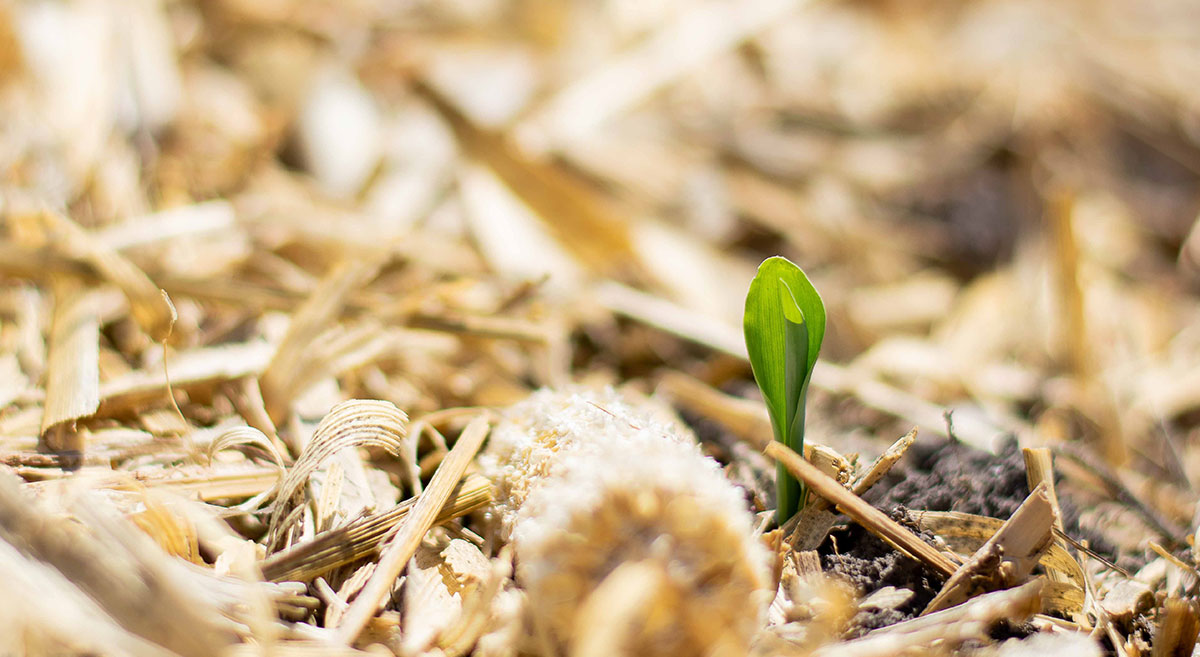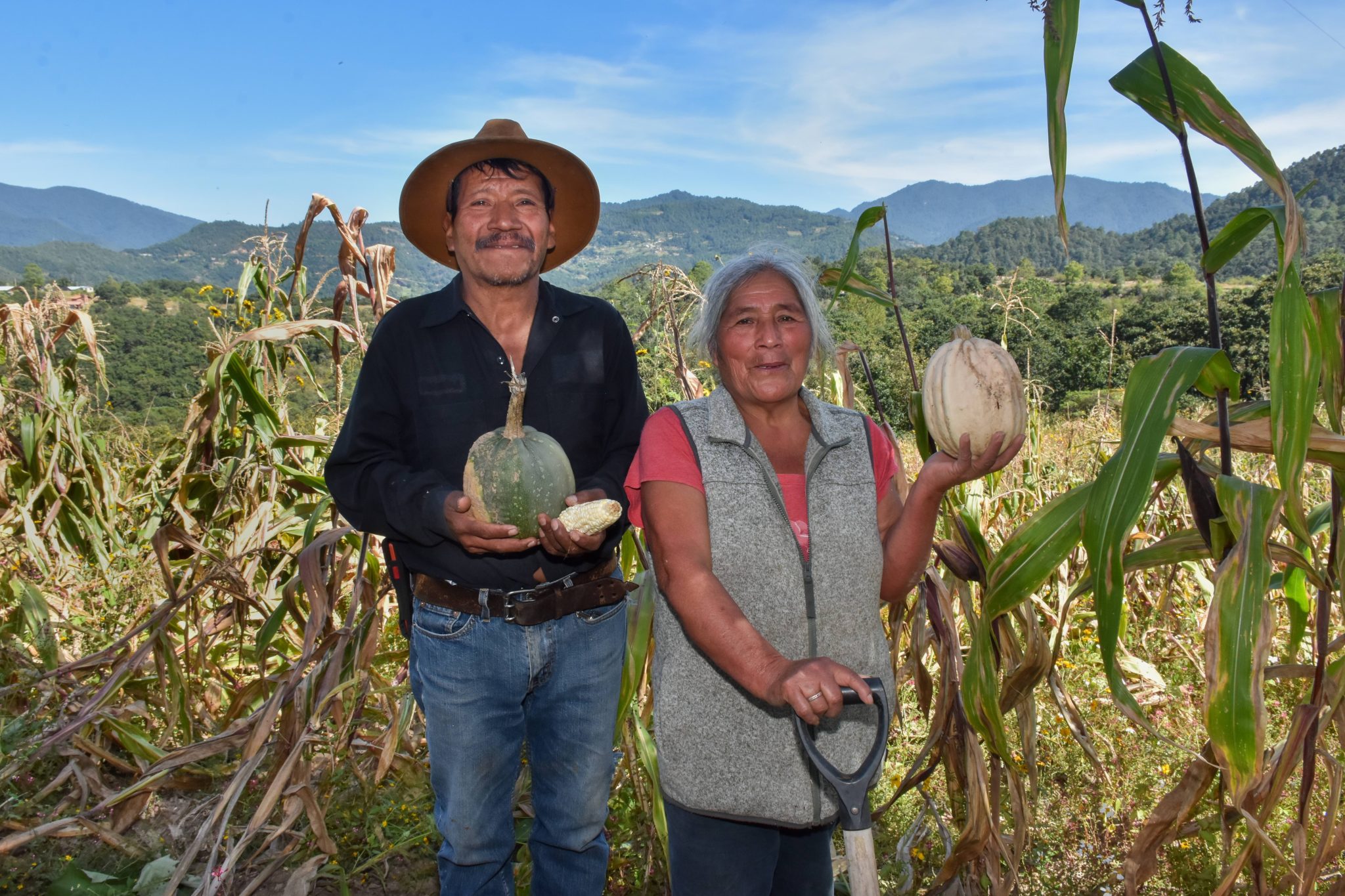
“The conventional way we used to prepare the land involved heavy soil disturbance, and now we see that’s not necessary. We used pesticides that were, let’s say, not kind to the soil. Now, we are becoming increasingly mindful of the environment — and it turns out to be more profitable. Today, I wouldn’t dare use a pesticide or any polluting product that could harm people or the environment.”
Leopoldo is a farmer from Sinaloa participating in the Supporting Responsible Sourcing in Mexico project — a collaboration between Kellogg Company and CIMMYT. For him, ceasing the practice of burning crop residues and instead using them to cover and protect the soil from erosion signifies a shift in values and a better way of practicing agriculture — one that actively contributes to regenerating the Earth.
The agronomic innovations adopted by farmers involved in the project promote a more balanced relationship with nature, aiming to strengthen a responsible sourcing model that ensures equilibrium between the economic, social, and environmental needs of both current and future generations. This contributes to a more sustainable production and consumption model, capable of feeding a growing global population within planetary boundaries.
If current patterns of production and consumption persist, it is estimated that in less than 30 years we would require the resources of three Earths to meet global needs. The rising scarcity of water and the reduction in arable land—driven by urban expansion and soil degradation—are clear reminders that our planet’s natural resources are finite. These facts underline the urgent need to accelerate the adoption of sustainable practices in agrifood systems.
Within the observance of International Mother Earth Day, efforts like the Supporting Responsible Sourcing in Mexico project serve as a reminder of the importance of forging a new relationship with the planet. Above all, they emphasize recognizing the Earth and its ecosystems as the shared home of all humanity. Failing to care for this home could lead us into further crises — in health, socioeconomic stability, and food security — and agriculture offers powerful solutions to safeguard this common home.
Globally, the agriculture sector is responsible for 24% of greenhouse gas emissions — which contribute to climate change — and 70% of freshwater withdrawals from rivers, lakes, and aquifers. Additionally, for every 1°C increase in global temperature, cereal yields are estimated to decrease by about 5%. Therefore, a new model of sustainable production and consumption must aim for reduced environmental impact, while increasing productivity and delivering benefits for farmers.
The Conservation Agriculture practices promoted by the Kellogg-CIMMYT project are advancing these goals: in just three years of work in Sinaloa and Guanajuato, nearly 7,000 hectares have adopted sustainable agricultural practices, leading to a 36% increase in average maize productivity. In 2021 alone, more than 350 farmers were engaged across over 2,400 hectares, producing nearly 26,000 tons of yellow maize through sustainable intensification technologies.
Looking ahead, the initiative aims to impact around 20,000 hectares to produce close to 180,000 tons of maize with a reduced carbon footprint. Already, farmers have achieved reductions in fuel use for grain production and improved water-use efficiency in irrigation.
“We save on machinery, on fuel, on agrochemicals, and on fertilizers. Now we produce with higher quality and at a lower cost because we practice minimal tillage. They also teach us integrated pest management and even how to optimize fertilizer use,” says Leopoldo, highlighting a system that also eliminates crop burning, one of the leading causes of wildfires.
By providing farmers with the knowledge and tools they need to integrate sustainable production methods, we benefit not only the Earth — but all of humanity.

 Nutrition, health and food security
Nutrition, health and food security 
